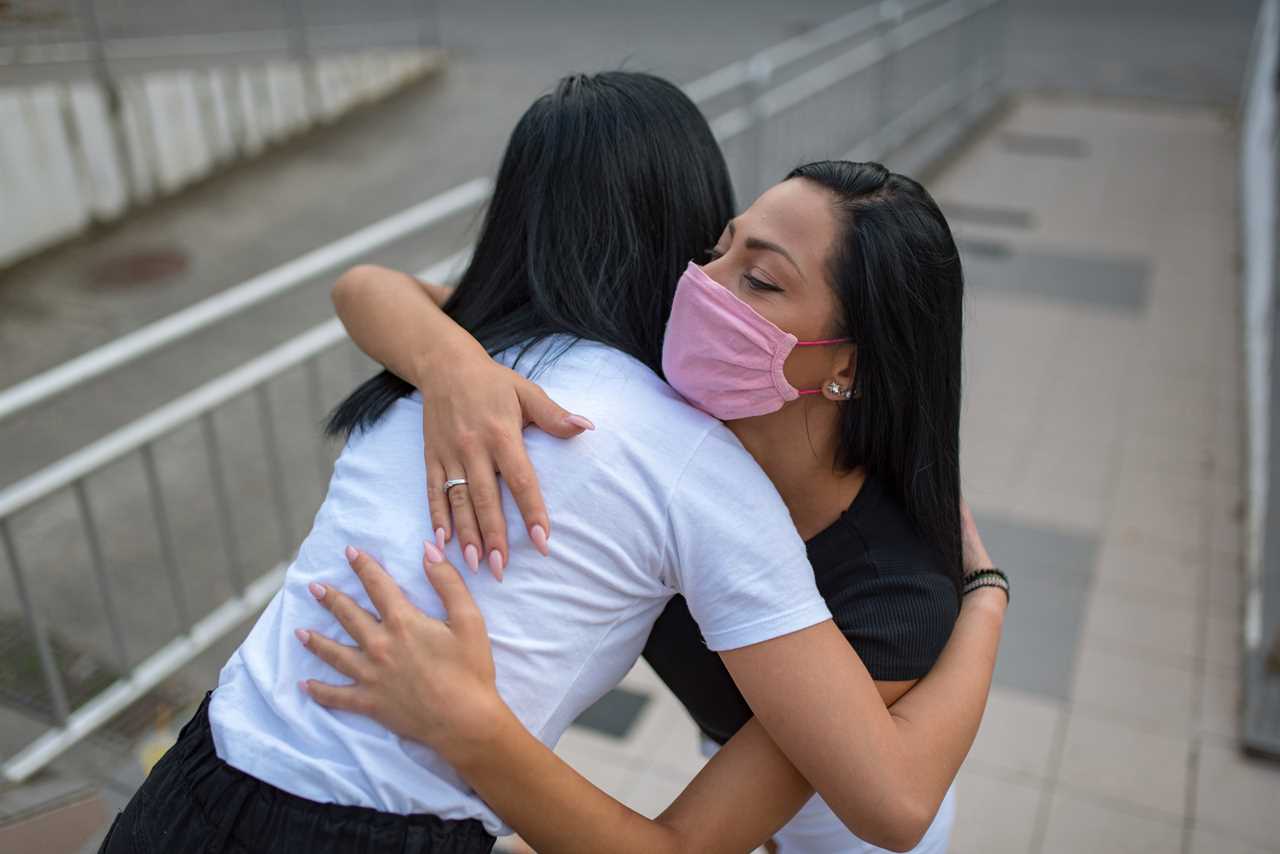PEOPLE who have already had Covid are protected from another infection for at least ten months, a study has shown.
The “really good news” means a previously infected person is very unlikely to suffer the disease twice in one year, researchers said.

Read our coronavirus live blog for the latest updates

Given seven in ten people in England have antibodies, and the vaccination programme is speeding ahead, it gives hope Covid cases will remain low.
The Vivaldi study led by University College London looked at more than 2,000 care home residents and staff across 100 care homes.
They underwent antibody testing last summer to see who had previously had Covid in the first wave.
Antibodies are proteins in the blood involved with fighting infection, therefore signal someone has already had Covid and should be protected to some extent in the future.
Researchers then kept records of Covid test results between October and February among the 682 residents and 1,429 staff members.
Only a tiny number of those with antibodies got the coronavirus in those months, according to the findings published in Lancet Healthy Longevity.
Only four residents and 10 workers out of the 634 Covid survivors had a positive Covid test.
Among the 1,477 participants who had never been infected, 93 residents and 111 staff got a positive Covid swab.
It means residents with antibodies were 85 per cent less likely to be infected during the four-month period than residents who had never been infected.
Staff with past infection were 60 per cent less likely than staff who had not had the infection before.
Strong protection
The researchers said this showed strong protection in both groups.
But the figure may only be lower in the staff group because they accessed testing outside their work, too, leading to positive tests not being included in the study.
Lead author Dr Maria Krutikov (UCL Institute of Health Informatics) said: “It’s really good news that natural infection protects against reinfection in this time period.
“The risk of being infected twice appears to be very low.”
The residents were described as representing a particularly robust group, having survived the first wave of the pandemic at an age of 80 to 90 years old.
Dr Krutikov said: “The fact that prior Covid-19 infection gives a high level of protection to care home residents is also reassuring, given past concerns that these individuals might have less robust immune responses associated with increasing age.
“These findings are particularly important as this vulnerable group has not been the focus of much research.”
No one in the study had been vaccinated – but the team hope to analyse this too and compare protection with those with natural immunity.
Senior author Dr Laura Shallcross of UCL said this was an “important step” amid the rise of new Covid variants.
The study, funded by the Department of Health and Social Care, backs another recent study which showed antibodies were still in full force almost a year after infection.
Researchers from the Washington University School of Medicine in St Louis revealed that immune cells in bone marrow continue to secrete low levels of antibodies even after levels in the blood decline after infection.
The team said the idea that immunity was short-lived was a “misinterpretation” – and claimed instead it could be lifelong.
Because the coronavirus has only existed since late 2019, it is not possible to study exactly how long antibodies last into the future.
There are also other layers of the immune system which are more challenging to study, but that could offer much longer-lasting protection.
For example T-cells, which experts have suggested could last decades after Covid disease.
Did you miss our previous article...
https://trendinginthenews.com/covid-19/is-the-school-day-going-to-be-extended






